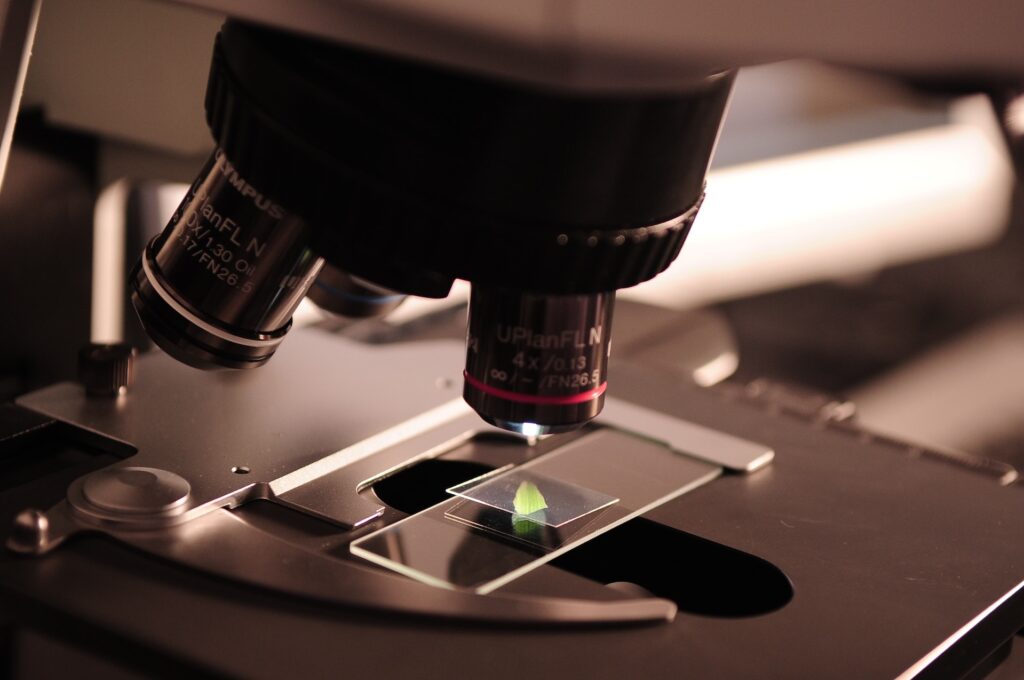School of Science & Information Technology (SSIT)
Apply Now
B.Sc. Microbiology

The B.Sc. Microbiology programme has been designed to provide a sound understanding of the concepts of micro-organisms as they relate to mankind and the environment. The programme will elaborate the importance of micro-organisms in the industry, health and environmental sectors of the society; with emphasis on traditional biotechnology, and the linkage to the current modern biotechnology. Microbiology is the study of organisms that are too small to be observed with the naked eyes. Microorganisms include: algae, bacteria and fungi. As a science, microbiology helps to improve human lives by providing identification methods and by suggesting treatment methods for all manner of bacterial infections and diseases.
Students will be taught to:
- Richly demonstrate knowledge of cell structure and metabolism
- Display knowledge of evolutionary forces and their consequences
- Demonstrate knowledge as to how microorganisms interact with their environments
- Illustrate knowledge of the interactions between humans and microorganisms
- Describe and use new/existing methods and technologies in and out of the laboratory setting
- Formally communicate the results of biological investigations using both oral and written communication skills
- Exhibit an understanding and the ability to use scientific methods; including observation, hypothesis testing, data collection and analysis.
The objectives of B.Sc. Microbiology serves to:
- Produce graduates with high knowledge and research abilities to further develop various techniques and related works
- Have workers with creative power and capabilities in microbiology in order to apply advance techniques for maintaining accuracy in diagnostic approaches
- Prepare the students with basic knowledge in clinical, immunological, biochemical techniques in order to easily continue their careers in higher degrees
- Facilitate the latest technical information pertaining to the emergence of infectious diseases, laboratory bio-safety and self-preventive measures from hazardous agents
- Provide research intelligence, finding collaborators and disseminating knowledge to the audience by promoting group discussions, seminars, symposia and conferences.
